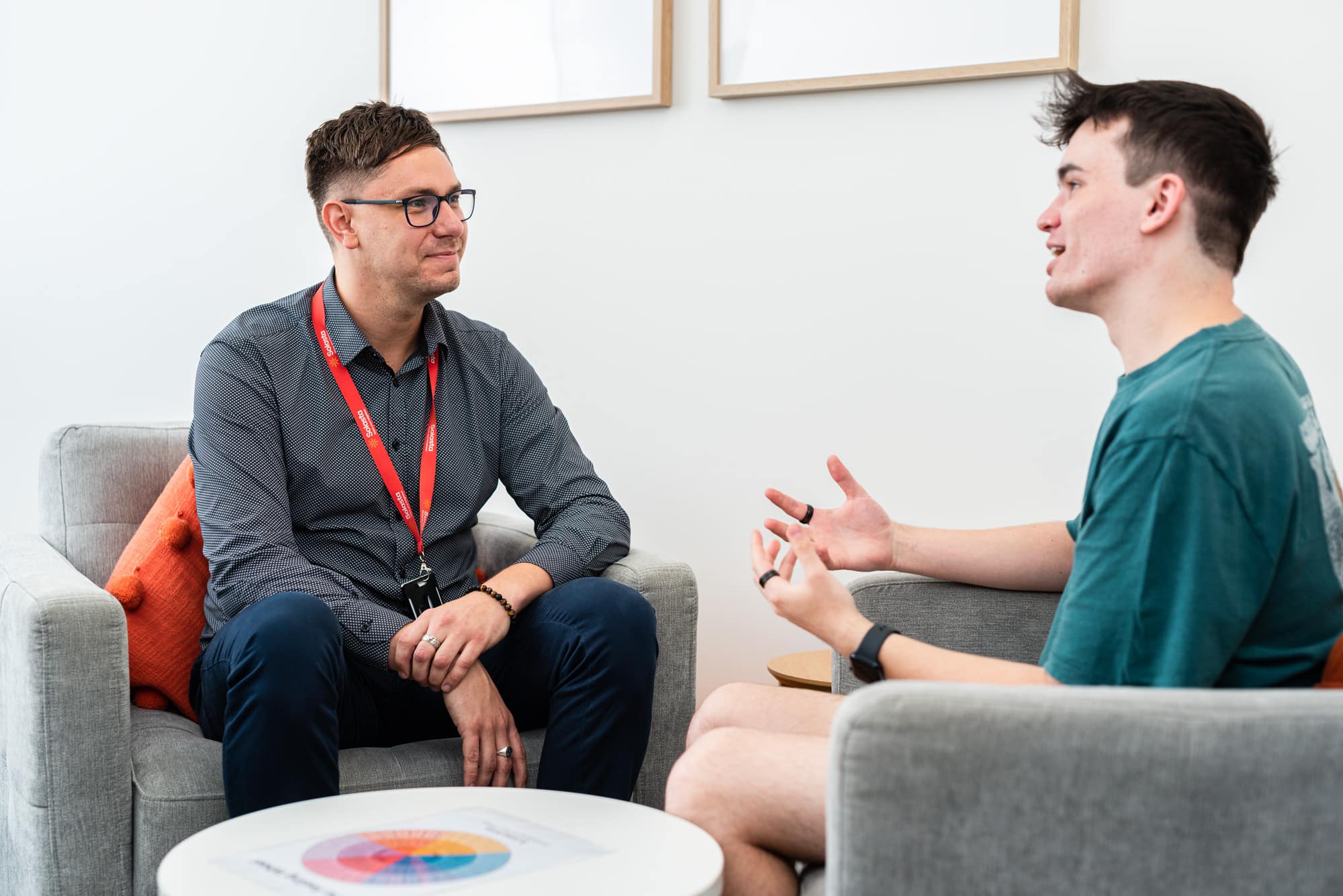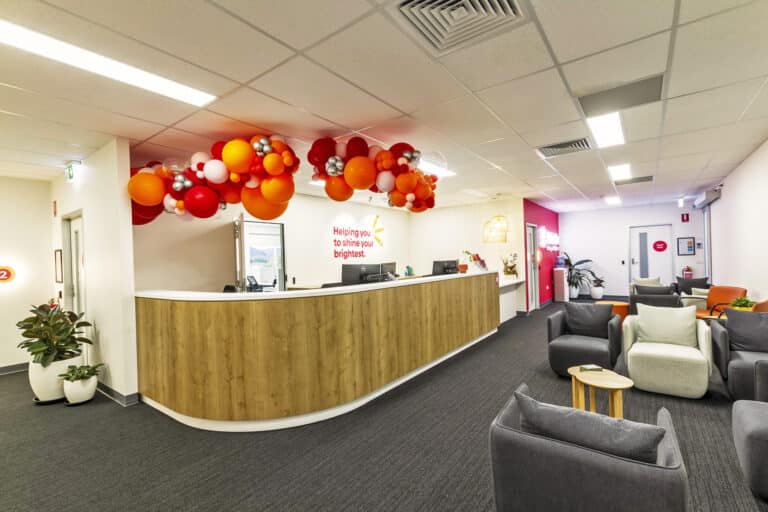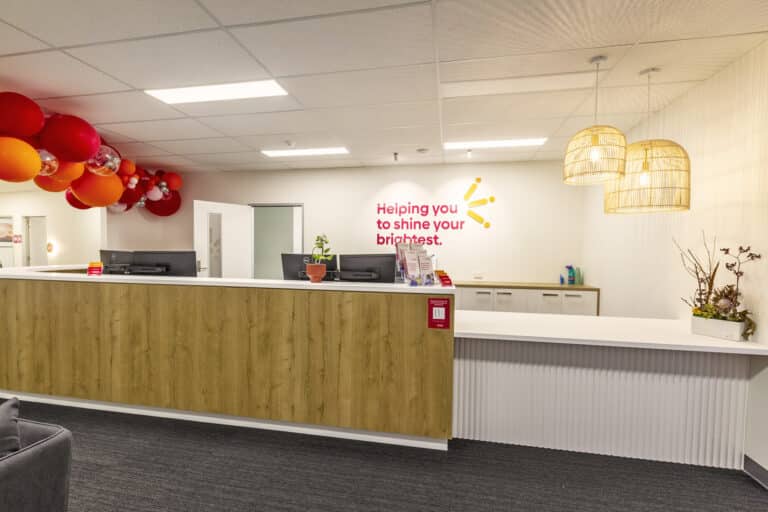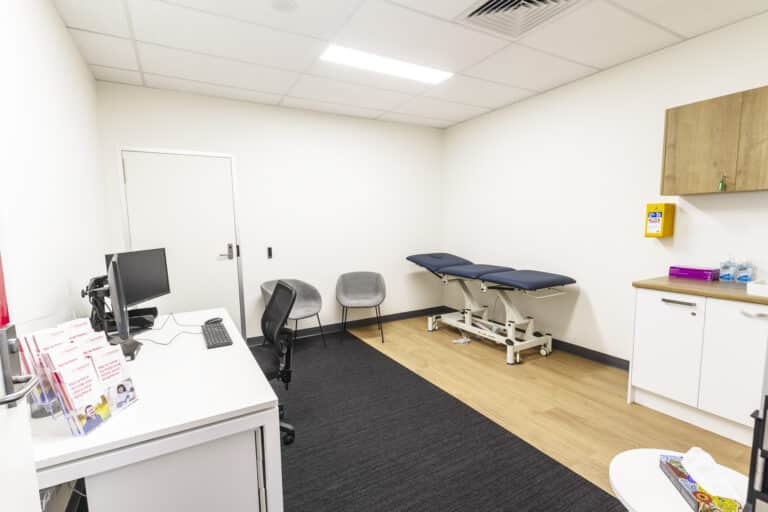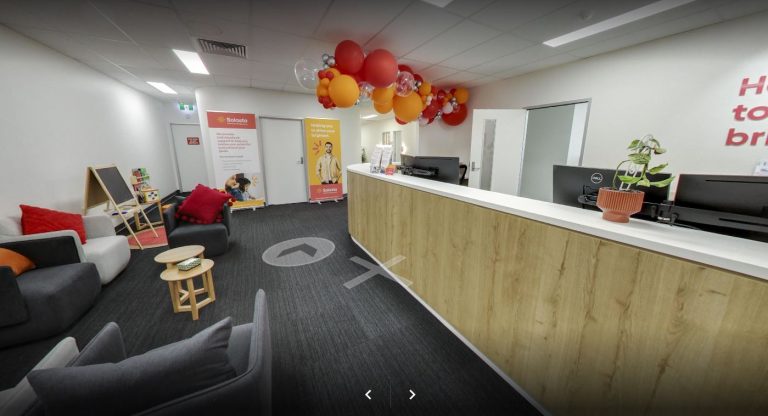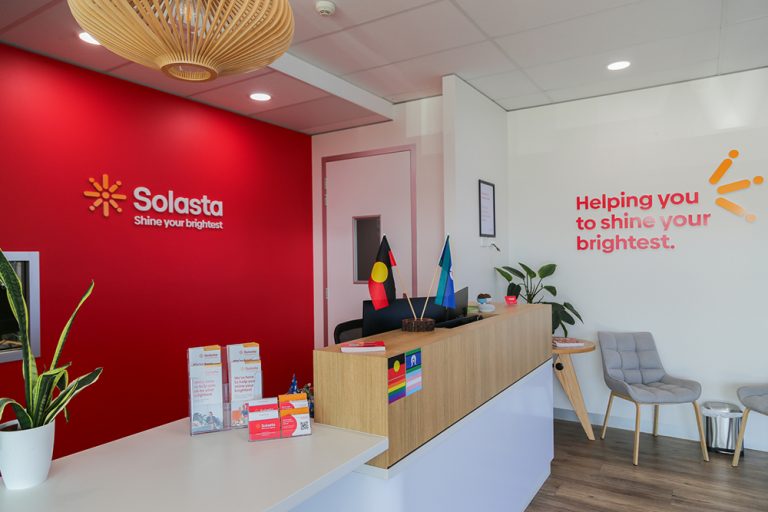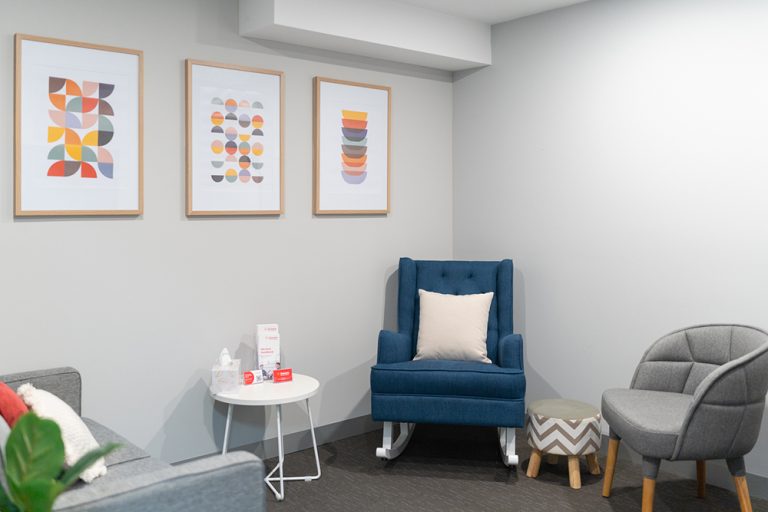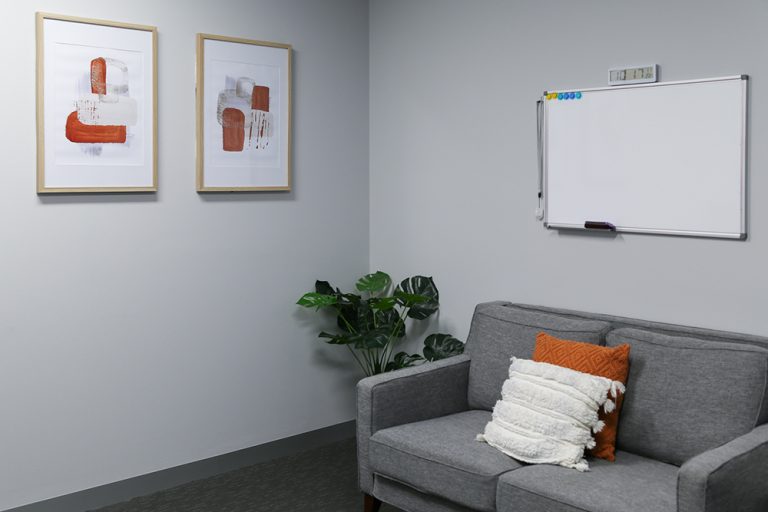Our clinicians conduct assessments in a range of areas to help young people and their families better understand their needs.
We provide assessments of:
- Autism spectrum disorder
- Cognitive ability and IQ (thinking, reasoning and problem-solving)
- Learning difficulties and specific learning disorders (dyslexia, dysgraphia, dyscalculia)
- Intellectual disability
- Attention deficit hyperactivity disorder (ADHD)
- Mental health conditions
- Adaptive behaviour/functional skills (for NDIS or other support purposes).
- Speech and language abilities
All assessments are evidence-based and include detailed recommendations to address the identified needs and assist with planning for therapy and support services.
Assessments fees
An assessment can show areas of strength and weakness which can help you to maximise your learning, enhance areas of strength and develop any areas of weakness.
Assessments can help to:
- Understand your own abilities better.
- Focus on areas of strength and develop your potential in these areas.
- Understand what you can do to overcome barriers to progress at school or home.
- Provide information to your school to help them to develop a learning plan with you that will help meet your needs.
- Receive appropriate support from other services.
Ready to get started?
Simply fill-out our appointment request form and we’ll be in touch.
If you have any questions, we encourage you to contact the team on 1800 943 043 or info@solasta.net.au
Our approach
At Solasta, we understand the importance of a strong connection between you and your clinician where you feel understood.
For this reason, our team take care to link you with a clinician who is best suited to your needs and preferences and who you will connect with.
Our clinicians are committed to a person-led approach, ensuring that you are at the centre of all our services. To achieve this, your clinician will focus on your strengths and work with you to build the skills you need to achieve your goals.
During your time at Solasta, you will always feel safe, listened to, respected and supported.
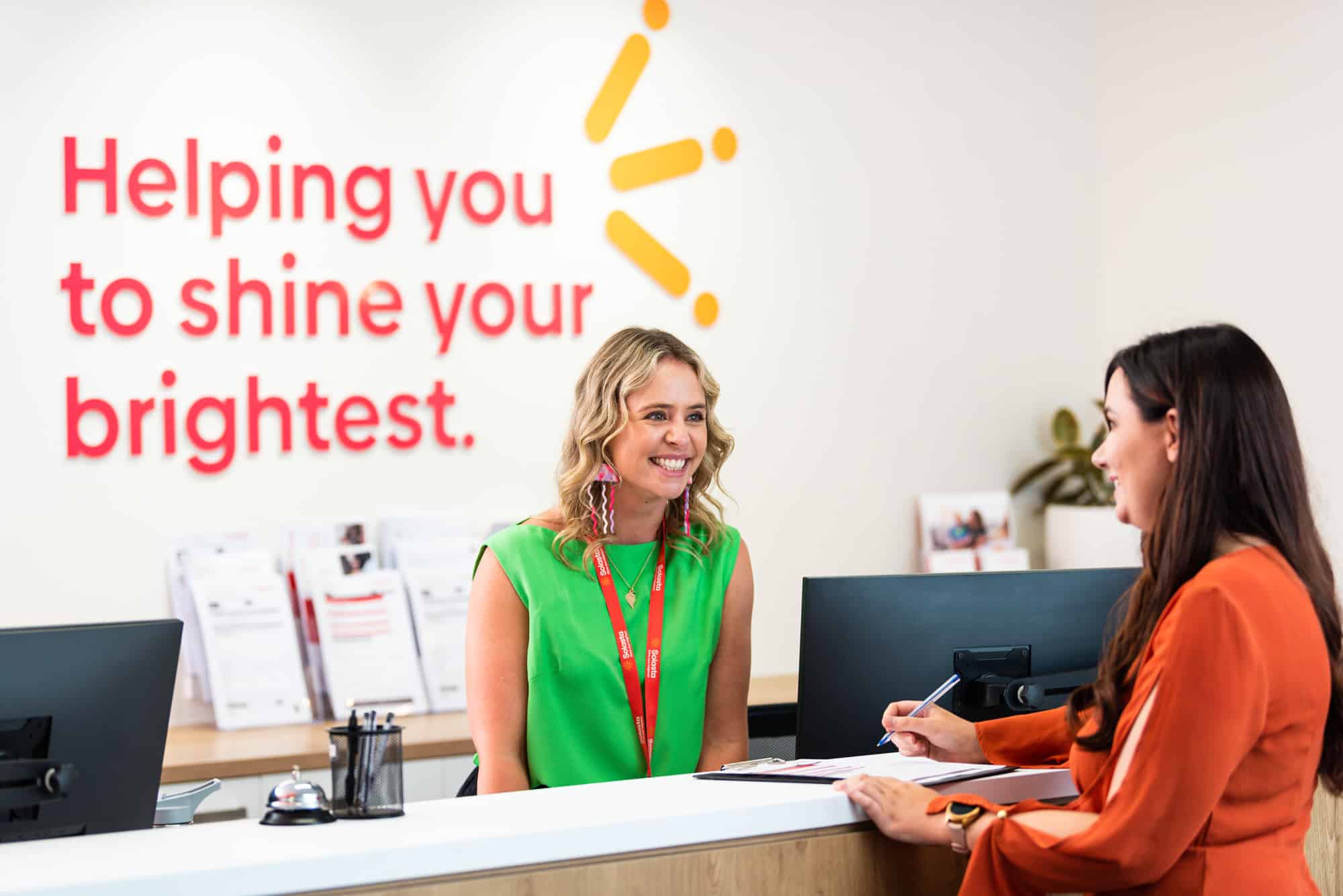
Frequently Asked Questions
How long will the assessment take?
The number and length of assessment appointments will vary depending on the assessment type and your needs.
Some assessments will take approximately three to four hours and may be spread across two appointments. Other assessments may require additional or longer sessions in order to complete a comprehensive assessment.
Short breaks will be given during each assessment appointment if needed as some people may find it tiring.
When you book your assessment, you will be provided with more information about the length of your appointment.
Do I need a referral?
Many assessments do not require a referral. If a referral is needed, our team will discuss this with you at the time of your enquiry.
How do I prepare for my assessment?
In order to get the best assessment of your abilities, it is important that you are well rested, feeling physically well, and have not used alcohol or other drugs at least 24 hours before your appointment.
Ensure that you have had something to eat and drink before the assessment begins, and feel free to bring along snacks and water for the assessment appointment/s to consume during breaks.
If you wear glasses or require a hearing aid, please bring these along with you to the assessment. If you have any previous medical or allied health assessment reports, please bring them along as well.
How much will it cost?
For detailed information, refer to our Fees and Funding Options page.
Does the NDIS cover assessments?
NDIS participants may be able to use their funding to access functional capacity assessments, sometimes these may be referred to as adaptive behaviour assessments. These assessments are undertaken to understand the needs of NDIS participants so that appropriate supports and services can be put in place to help them achieve their goals. Solasta staff are able to undertake adaptive behaviour assessments and provide detailed reports which include recommendations for services.
In some circumstances, NDIS funding may be able to be used for cognitive assessments. This will depend upon the goals in your NDIS plan. Cognitive assessments provide important information about the person’s strengths and weaknesses. This helps to identify difficulties they may be experiencing and informs the types of services and supports they need. It also provides useful information to ensure that intervention strategies are appropriately tailored to the person’s cognitive abilities.
The NDIS will not fund diagnosis and assessment of health conditions, including mental health conditions and disabilities.
Will my services be confidential?
Any information that you disclose is confidential and will not be shared with anyone else without your permission. There are two exceptions to this rule – the first is if you are at risk of harm either to yourself or someone else, and the second is in relation to court orders. Your clinician will discuss the limits of confidentiality at your first appointment.
More information about how we collect and handle your personal information can be found in our Privacy and Consent Brochure – also available in Easy English format.
Our clinicians who provide assessments for young people
 Dr John Callary
Psychiatrist
Klemzig & Christies Beach
Dr John Callary
Psychiatrist
Klemzig & Christies Beach
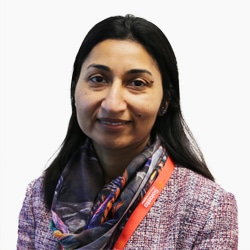 Dr Sadia Chaudry
Paediatrician
Klemzig
Dr Sadia Chaudry
Paediatrician
Klemzig
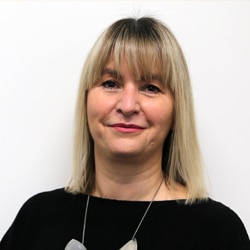 Rochelle Hay
Solasta Manager
Klemzig & Christies Beach
Rochelle Hay
Solasta Manager
Klemzig & Christies Beach
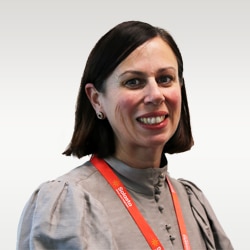 Kerry Burke
Clinical Psychologist
Klemzig
Kerry Burke
Clinical Psychologist
Klemzig
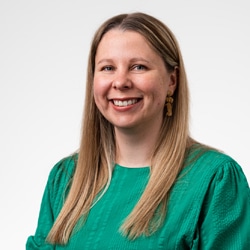 Nataly Veal
Clinical Psychologist
Klemzig
Nataly Veal
Clinical Psychologist
Klemzig
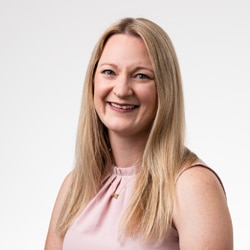 Lisa Chisholm
Clinical Psychologist
Klemzig & Christies Beach
Lisa Chisholm
Clinical Psychologist
Klemzig & Christies Beach
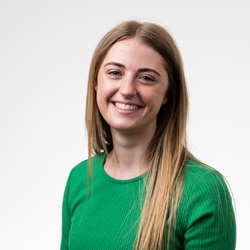 Stephanie Wood
Educational and Developmental Psychologist
Klemzig & Christies Beach
Stephanie Wood
Educational and Developmental Psychologist
Klemzig & Christies Beach
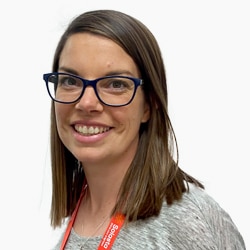 Stephi West
Speech Pathologist
Klemzig & Christies Beach
Stephi West
Speech Pathologist
Klemzig & Christies Beach
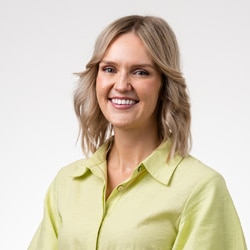 Genevieve Roberts
Clinical Psychologist
Klemzig & Christies Beach
Genevieve Roberts
Clinical Psychologist
Klemzig & Christies Beach
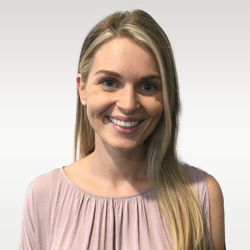 Isadora Aldam
Clinical Psychologist
Christies Beach
Isadora Aldam
Clinical Psychologist
Christies Beach
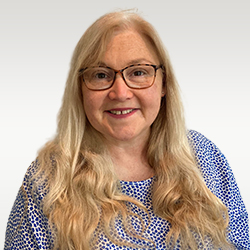 Rachel Clarke
Clinical Psychologist
Klemzig
Rachel Clarke
Clinical Psychologist
Klemzig
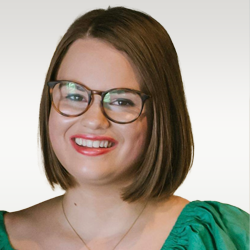 Madeline Rac
Registered Psychologist
Klemzig
Madeline Rac
Registered Psychologist
Klemzig
 Shelley Wetton
Registered Psychologist
Klemzig
Shelley Wetton
Registered Psychologist
Klemzig

Dr John Callary has over 25 years’ experience as a psychiatrist. John presently works in private practice in Adelaide and Pt Augusta and is also a RANZCP examiner and tutor at Glenside Hospital.
John has previously worked as Clinical Director at headspace Adelaide, SA Director of Psychiatry Training and staff specialist at the Women’s and Children’s Hospital.
John works with young people and their families and his clinical interests include learning and developmental disorders, organic psychiatry and early onset psychosis.
John is able to provide comprehensive psychiatric assessments for children and young people up to the age of 18 for GPs and other members of the treating team, this includes diagnostic assessments, treatment advice (particularly medication related) and second opinions. All appointments require a current GP referral for a comprehensive psychiatric review (MBS 291).

Dr Sadia Chaudry has over 14 years of experience working as a highly skilled General Paediatrician, managing a wide range of complex illnesses that effect children in various sub-specialities such as endocrinology, cardiology, nephrology, neonatology and others. Sadia’s warm and easy demeanour makes her an ideal doctor to approach for discreet, trustworthy and highly competent consultations with children.
She is accredited by Autism SA for diagnosing autism spectrum disorders. This accreditation compliments her ability to manage children with complex medical conditions such as developmental delay, autism spectrum disorder, attention deficit and other behavioural conditions. She is an expert in dealing with at risk and emotionally dysregulated young people.
Graduating from her medicine degree in 1996, she completed a four-year fellowship in general paediatrics, followed by a six-year fellowship as a General Paediatrician at the Royal Australasian College of Physicians. She is currently working at Adelaide Youth Training Centre and Mount Gambier Hospital.
Areas of Interest
- item 1
- item 2
- item 3

Rochelle has over 25 years’ experience in clinical and leadership roles across state government disability services, private practice and the non-government sector.
Rochelle is well known for the warm and engaging approach she brings to therapy with both children and adults.
She uses a range of therapeutic approaches but primarily draws on Cognitive Behaviour Therapy and Acceptance and Commitment Therapy.
Rochelle has a long term passion for working with children and adults with disabilities, in particular people with autism spectrum disorder. She also has extensive experience in psychoeducational assessments for children with learning and intellectual disabilities and in the diagnosis of autism spectrum disorder.
Rochelle has Bachelor of Arts, Graduate Diploma in Psychological Practice and Master of Clinical Psychology. She holds registration with the Psychology Board of Australia with clinical endorsement and is a member of the APS College of clinical Psychologists.

Kerry has over 20 years’ experience working with children, adolescents and families in a variety of settings. This has included hospitals, community based services and private practice.
Kerry has wide experience in psychological assessment and is able to assess and diagnose a range of conditions including autism spectrum disorder, ADHD, specific learning disorders and intellectual disability.
Kerry is passionate about understanding the whole child and works very much from a strengths-based framework to help children reach their potential. Kerry enjoys working therapeutically within a broad range of areas including anxiety and depression.
She also consults with the Independent Schools Association on ways to support children with mental health diagnoses and challenging behaviour at school.
She often runs workshops for parents and teachers covering a variety of topics including growth mindset, ways to support mental wellbeing, understanding challenging behaviour, anxiety and autism spectrum disorder.

Nataly Veal is a Clinical Psychologist with experience supporting individuals across all age groups, including children, young people, and adults with mental health concerns, learning difficulties, and disabilities. Nataly has specific interests in autism and ADHD.
With over a decade of experience in diverse settings, including public, private, and independent school systems, Nataly possesses a wealth of knowledge in psychoeducational assessments and can identify and provide recommendations for various conditions, such as intellectual disability, specific learning disorders (e.g., dyslexia), as well as gifted and talented learners.
Nataly's therapeutic style is warm and engaging, and she is dedicated to employing a strength-based and values-driven approach that empowers clients to achieve their goals. When working with neurodivergent children who have social, emotional, and behavioural needs, Nataly adopts a child-centered approach. Nataly collaborates with parents, teachers, and other allied health professionals to develop effective strategies across home and school settings.
When working with adolescents, Nataly's kind and empathic therapy style enables her to foster strong relationships and provide genuine understanding and support throughout their life challenges. She also extends her expertise to adults, assisting them in improving their mental health, life outlook, and overall well-being.
As a committed professional, Nataly provides clinical supervision to early career psychologists as well as clinicians in registrar programs seeking practice endorsement. Her guidance and mentorship empower fellow practitioners to refine their skills and deliver exceptional care.

Lisa is a Clinical Psychologist with extensive experience in providing a range of psychological services to individuals, families, schools and organisations. She has worked in private practice, school, community and residential care settings. Lisa also has experience working in child protection, family reunification, and youth homelessness settings.
Lisa works in a collaborative and non-judgemental manner and is passionate about working with children, adolescents and adults to improve their wellbeing. In addition, she frequently consults with families, teachers, support staff and other allied health professionals to improve their ability to support their children. Lisa regularly conducts comprehensive psychoeducational assessments for students experiencing learning difficulties, and to diagnose conditions such as intellectual disability, specific learning disorders and ADHD.
She has a particular interest in supporting adolescents to understand and manage their mental health and improve their wellbeing. She also has an interest and experience in helping her clients to recover from traumatic and adverse life experiences.
Lisa completed her Honours in Psychology and Master of Psychology (Clinical) at Flinders University.
She has also received specialist training in Family Systems Therapy, Acceptance and Commitment Therapy, Narrative Therapy, and Child and Adolescent Psychology. Her therapeutic style is grounded in Cognitive Behaviour Therapy, though she tailors her approach to each individual client in a strengths-based manner.
She is registered with the Psychology Board of Australia with Clinical Endorsement and is a member of the Australian Psychological Society.

Stephanie has experience working with children, adolescents and their families in both clinical and educational settings.
Stephanie’s warm and encouraging approach focuses on building a relationship of trust, confidence and respect.
Holding a Master’s degree in Educational Psychology from the University of Melbourne, Stephanie integrates her knowledge of childhood development and evidence-based practices to provide both assessment and therapy services, targeted to a client’s individual needs.
Stephanie draws upon a variety of therapeutic approaches, including Acceptance Commitment Therapy, Cognitive Behavioural Therapy and Dialectical Behaviour Therapy, and enjoys developing a deep understanding of a young person’s strengths, supporting them to develop insight, confidence and resilience.
Stephanie has an interest in supporting children and adolescents with a range of concerns including anxiety, depression, stress, emotional regulation, adjustment to life changes, social challenges and perfectionism, as well as providing support to children and adolescents with neurodevelopmental differences including Autism Spectrum Disorder and ADHD.

Stephi is a Certified Practising Speech Pathologist and member of Speech Pathology Australia.
She has experience working in the school setting with children with a range of intellectual and multiple disabilities including autism spectrum disorder, global developmental delay and syndrome disorders.
Stephi has training in the SOS Approach to Feeding and SENSE-ational Mealtimes; these strategies support children who are fussy eaters or have restricted diets due to sensory issues.
Stephi uses a relational approach to build on functional communication goals in therapy. She strives to make sessions fun, engaging and meaningful for both parent and client.
Stephi uses a ‘toolbox’ approach, drawing from a number of communication and interaction approaches in therapy. She has experience with a range of Alternative and Augmentative Communication strategies, including low-tech (photos, schedules, choice making) and high-tech options (tablet technology with communication applications).
She works with pre- and school aged children with speech sound disorders, language disorders, intellectual disabilities, pre- or nonverbal individuals and fussy eaters.

Genevieve has experience working in government, not-for profit organisations, and private practice settings. She has experience working with children, adolescents, and adults within a broad range of concerns including anxiety and depression.
Genevieve's down to earth, non-judgemental, and friendly approach allows her clients to feel comfortable and supported throughout therapy. She has experience and interest in working with women who are impacted by mental health difficulties within the perinatal period. Genevieve also enjoys working with adolescents and understands that this can be a particularly difficult time of life to navigate. She has experience in providing support to children and adolescents with neurodevelopmental differences including Autism Spectrum Disorder and ADHD. In addition to therapy, she offers Psychoeducational assessments to explore and diagnose learning and other disorders.
She primarily uses Cognitive Behavioural Therapy with clients, however tailors therapy to the individual and draws from several therapeutic approaches in her practice. She aims to provide all clients with a safe space to explore their mental health and build upon their wellbeing.

Issy is a Clinical Psychologist who is passionate about supporting her community in Southern Adelaide. Issy believes it is important to work together as equals with her clients and understands that a strong therapeutic relationship is essential in recovery.
Issy has experience supporting young people with complex mental health, as well as forensic populations, across government and not-for-profit settings. Issy offers therapy for presentations including trauma and PTSD, emotion regulation difficulties, anxiety, obsessive-compulsive disorder, and depression. Issy utilises therapeutic modalities including Dialectical Behaviour Therapy (DBT), Cognitive Processing Therapy (CPT), Cognitive Behavioural Therapy (CBT), and elements of Schema Therapy and Acceptance and Commitment Therapy (ACT).
Issy also has training in Enhanced Cognitive Behaviour Therapy (CBT-E) for treatment of eating disorders. Issy doesn’t support individuals presenting with avoidant/restrictive food intake disorder (ARFID) or with a body mass index (BMI) below 14.5.
Issy aims to support her clients to make sustainable gains in their mental and general wellbeing.

With an extensive career in psychology spanning over 25 years, Rachel has worked with children, adolescents, and families in a diverse range of settings including educational environments, disability services, and private practice. Driven by a passion for early intervention, she enjoys collaborating with young children and their families or caregivers, guiding them toward reaching their developmental, social, and emotional potential.
Rachel has extensive experience in psychological assessments and can diagnose and assess a broad spectrum of conditions, including autism spectrum disorder, ADHD, specific learning disorders, giftedness, global developmental delay, and intellectual disability.
In her therapeutic work with children, Rachel embraces a playful, child-centered, and strengths-based approach. Drawing upon a rich repertoire of evidence-based therapies and frameworks such as Cognitive Behaviour Therapy, Acceptance and Commitment Therapy, Attachment Theory, Play Therapy, and Positive Behaviour Support, she tailors interventions to meet the unique needs of each individual client.
Acknowledging the collaborative nature of effective intervention, Rachel values the essential contributions of parents, teachers, and allied health professionals in the development and implementation of strategies. This holistic perspective underscores her dedication to fostering a supportive network that extends beyond the therapy room.
Rachel has a Bachelor of Arts, a Graduate Diploma in Psychological Practice, and a Master of Clinical Psychology. She also holds dual endorsements in clinical and educational and developmental psychology from the Psychology Board of Australia. Additionally, Rachel is a member of both the APS College of Clinical Psychologists and the APS College of Educational and Developmental Psychologists.

Madeline is a dedicated Registered Psychologist, having earned her Master of Professional Psychology from Flinders University in 2023, alongside a Bachelor of Behavioural Science (Psychology) and Honours Degree in Psychology.
Madeline brings a wealth of experience to her practice, having worked in child protection settings in regional North Queensland, as well as private practice and not-for-profit organisations where she provided assessments and therapy to individuals with traumatic and acquired brain injuries.
At Solasta, Madeline provides compassionate and non-judgemental psychological therapy to children, young people and adults facing a broad spectrum of challenges including anxiety, depression, stress, phobias, trauma, and emotional regulation difficulties. Drawing upon evidence-based approaches, including Cognitive Behavioural Therapy, elements of Schema Therapy, and mindfulness-based techniques, Madeline tailors her methods to suit individual needs. Eager to expand her repertoire, Madeline is currently undergoing training in Acceptance and Commitment Therapy (ACT) and Dialectical Behaviour Therapy (DBT).
In addition to her therapeutic work, Madeline also offers psychoeducational assessments for children, and cognititive assessments (for NDIS applications for assessment and diagnosis of intellectual disability) and ADHD assessments for adults.
As a member of the Australian Psychological Society (APS), Madeline is committed to upholding the highest standards of ethical practice and remains committed to her ongoing professional development.

Shelley is a dedicated and passionate Registered Psychologist with a focus on supporting children and young people to overcome life's challenges and realise their full potential. With a particular interest in supporting neurodivergent individuals, Shelley brings both professional expertise and personal insight to her practice, making her uniquely equipped to address a diverse range of needs.
Shelley works with children, adolescents, and their families, addressing a wide array of challenges including anxiety, depression, self-esteem issues, academic difficulties, relationship challenges, emotional regulation issues, fears/phobias, and attachment-related concerns. Her therapeutic approach is warm, empathetic, and playful, ensuring a safe, judgment-free environment that fosters trust and honesty.
Valuing the roles of parents, educators, and allied health providers in a child or young person’s life, Shelley emphasises collaboration and teamwork. She recognises that these relationships are essential for the individual's growth and thriving.
Shelley integrates various therapeutic modalities into her practice, including Acceptance and Commitment Therapy, Cognitive Behaviour Therapy, Parent Training, and Dyadic Developmental Psychotherapy. Her approach is individualised, ensuring that each client receives tailored support suited to their unique needs.
In addition to therapy, Shelley is skilled at conducting psycho-educational assessments and diagnosing ADHD, specific learning disorders, global developmental delay, giftedness, and intellectual developmental disorder. Her background in disability services and experience in educational settings enrich her practice, providing a comprehensive understanding of the multifaceted needs of her clients.
Shelley’s lived experience with ADHD brings a unique and valuable perspective to her role, enhancing her empathy and connection with the children and young people she supports. Her commitment to individualised care and her collaborative, empathetic approach make her an invaluable resource for those navigating psychological and developmental challenges.
Our space
Get a sense of what attending an appointment at Solasta would feel like.
We offer a carefully designed, modern and inviting therapy space. Our spacious, light-filled rooms create an environment that allows for safety, privacy and growth. From the wait-room to your time in our therapy rooms, we have consciously created an enriched space to support your sense of comfort.
We also have rooms specifically designed to accommodate sensory needs, soft lighting and thoughtfully selected furnishing to create a calming environment.
Explore the photos of our space below or check-out our virtual tour.
Klemzig
A rainbow would not be without first the rain

